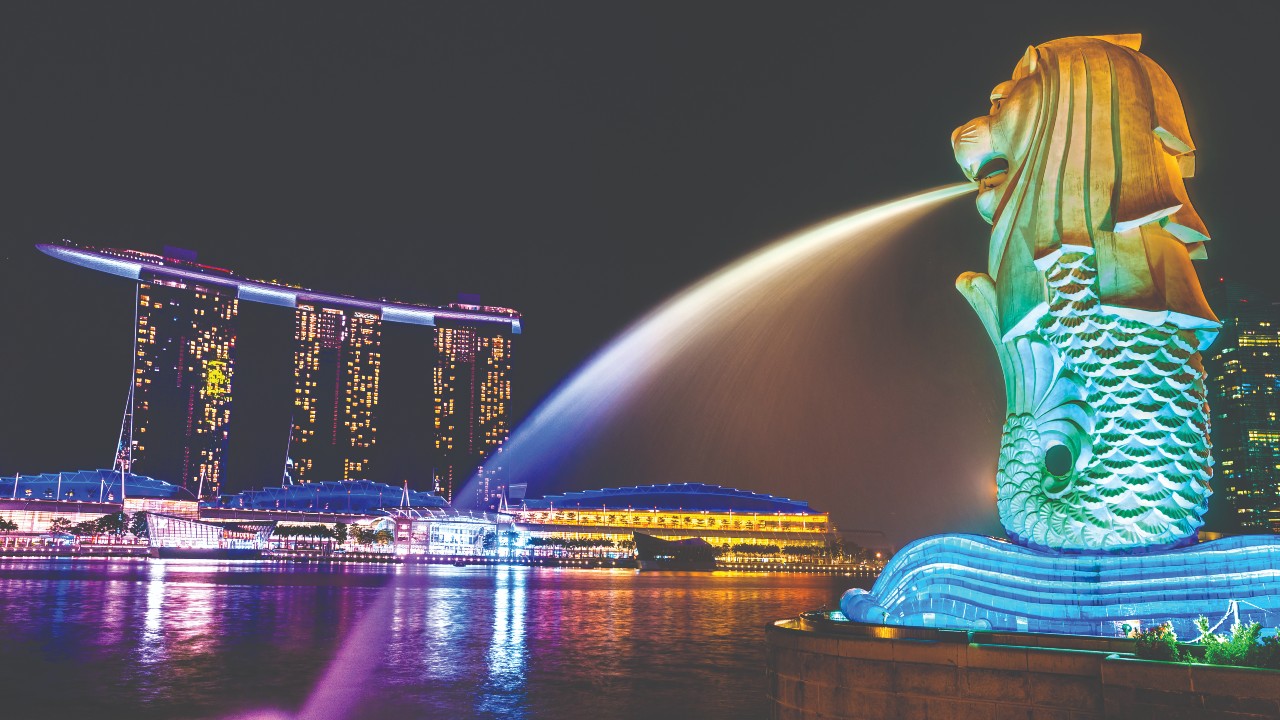Singapore is reopening for many businesses, having put measures in place for residents to live alongside COVID-19.
According to The Washington Post, the country has started to drop quarantine requirements for some travellers and is reducing other restrictions, too. The newspaper compares this with Hong Kong – which is following a ‘zero COVID’ strategy and, in August, was tightening quarantine restrictions to 14 or 21 days – speculating that this divergence ‘threatens Hong Kong’s competitiveness as an international financial hub, particularly when compounded by escalating political risk from a new China-imposed national security law’.
International business leaders have appealed to authorities in Hong Kong to change their approach.
In an open letter to Hong Kong leader Carrie Lam, Frederik Gollob, chairman of the European Chamber of Commerce in the city, said: ‘We are of the view that Hong Kong must open itself sooner rather than later or this new quarantine regime could lead many in the international community to question if they want to remain indefinitely trapped in Hong Kong when the rest of the world is moving on.’
The August-dated report also points to variations in the vaccination rates of the two countries. Singapore had fully vaccinated 73 per cent of its population overall, while Hong Kong only 45 per cent, it said.
Meanwhile, the premium for Hong Kong rents compared with Singapore has fallen significantly, according to Cushman & Wakefield.
Quoted in an Intellasia report, Keith Chan, Head of Research, Hong Kong, Cushman & Wakefield, said: ‘When we compared the office rental premiums between the two cities in 2015 and looked at which city had a more competitive edge as a choice of regional headquarters location, the rental gap was at 135 per cent in favour of Singapore. Five years later, this gap has narrowed to 108 per cent, which creates a positive opportunity for Hong Kong as it becomes more competitive.’
Wong Xian Yang, Head of Research, Singapore, Cushman & Wakefield, added: ‘As the two cities continue to attract investors and occupiers, we are seeing a more defined role whereby companies looking for more exposure to China will prefer to have Hong Kong as its regional base, while Singapore is a better location for companies looking to grow and capitalise on the emerging Southeast Asian (SEA) markets.
‘For example, China’s tech companies – including Tencent, Alibaba and ByteDance – have set up base in Singapore to tap into the opportunities within SEA.’
Vacant office space in Hong Kong has reached its highest level in 15 years because of an exodus of international companies, which are relocating headquarters within the region or reducing staff.
A Wall Street Journal report shows more expatriates and locals have left Hong Kong than at any time since the financial crisis in 2008. Businesses leaving the country – or relocating staff from it – include VF Corp (owner of North Face and Timberland), Sony Interactive Entertainment and LVMH.
While some US businesses have left Hong Kong, however, new companies from mainland China have set up there.
‘In Hong Kong, small to medium-sized occupiers in the finance sector, such as private equity funds, hedge funds, asset managers, wealth management and crypto currency service providers, are expanding their presence to leverage the city’s position as the gateway to Chinese capital,’ said Chan.


